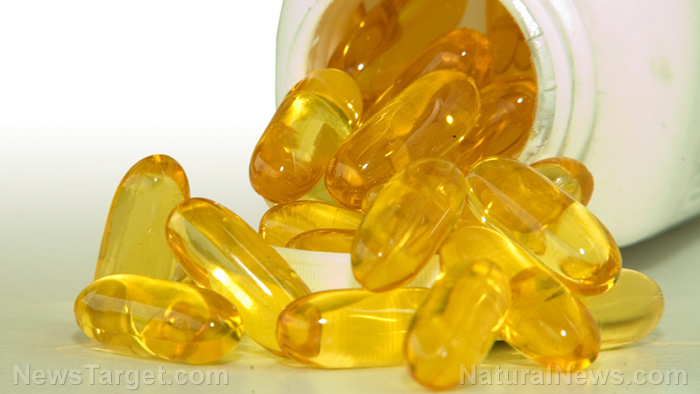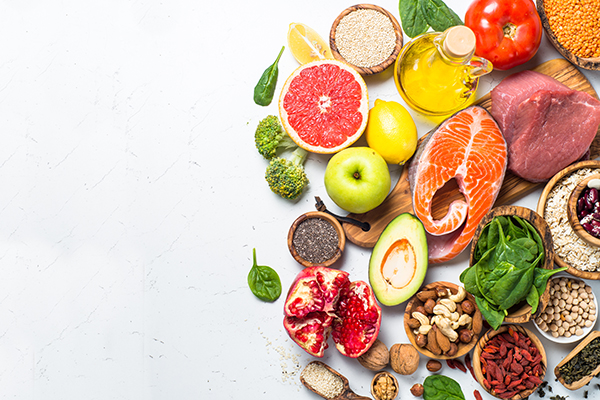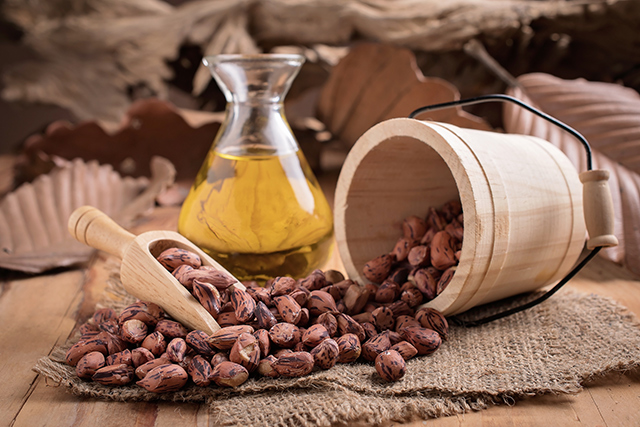Human body's ultimate defense: How probiotics can lower cholesterol, prevent cancer and more
- The human body hosts an estimated 100 trillion microorganisms, predominantly beneficial bacteria and yeasts, collectively known as the intestinal microflora. This community acts as a crucial defense against harmful pathogens and plays a vital role in maintaining overall health.
- Probiotics are live microorganisms that confer health benefits when consumed in adequate amounts. They are essential for digestion, nutrient absorption and vitamin production and they help keep harmful microbes in check, thus preventing illness.
- Probiotics aid digestion by breaking down food and producing essential vitamins like B vitamins. They also bolster the immune system by interacting with intestinal cells, enhancing the body's defenses. Studies show they can significantly reduce the duration and severity of diarrhea, particularly in children.
- Probiotics show promise in preventing and managing chronic diseases. They can help lower cholesterol levels by producing bile salt hydrolase, an enzyme that prevents cholesterol reabsorption. Certain strains also exhibit anticancer properties by neutralizing carcinogens and inhibiting enzymes that promote cancer development.
- The potential benefits of probiotics extend to preventing allergies, autoimmune diseases and asthma. For instance, probiotics have been shown to reduce the incidence of atopic dermatitis in children and may lower the risk of developing asthma by modulating the immune response.
In an era where health-conscious consumers are increasingly seeking natural solutions to combat modern ailments, the spotlight is turning to an unexpected source: the trillions of microorganisms residing within your body. "
Probiotic Rescue: How You Can Use Probiotics to Fight Cholesterol, Cancer, Superbugs, Digestive Complaints and More" by Allison Tannis delves into the microscopic universe that holds the potential to revolutionize approach to health and wellness.
The human body is a bustling metropolis of microorganisms, home to an estimated 100 trillion microbes. These include bacteria, yeasts and other microscopic life forms that inhabit every nook and cranny, from the mouth to the gut. Surprisingly, about 95 percent of these microorganisms are beneficial, forming a complex community known as the intestinal microflora. This community plays a pivotal role in maintaining your health, acting as a first line of defense against harmful pathogens.
Probiotics, derived from the Greek words "pro" and "biotica," meaning "for life," are the good guys in this microbial battle. Defined by the
World Health Organization and the Food and Agriculture Organization of the United Nations as "live microorganisms which, when administered in adequate amounts, confer a health benefit on the host," probiotics are essential for digestion, nutrient absorption and vitamin production. They also play a crucial role in keeping harmful microbes at bay, thus preventing illness.
Tannis highlights the
diverse health benefits of probiotics. One of the most well-documented benefits is their ability to aid digestion. Probiotics help break down food, particularly lactose and fiber, and produce essential vitamins, including B vitamins that are vital for energy metabolism. But perhaps their most significant role is in bolstering the immune system. By interacting with the cells lining the intestinal wall, probiotics send signals that enhance the body's defenses.
The scientific community has long been intrigued by the potential of probiotics. Studies have shown that certain strains can effectively prevent diarrhea, especially in children. For instance,
Lactobacillus rhamnosus GG and
Lactobacillus reuteri have been found to significantly reduce the duration and severity of diarrhea caused by rotavirus.
Probiotics also show promise in combating antibiotic-associated diarrhea. Antibiotics, while effective at killing harmful bacteria, also destroy the good bacteria in the gut, leading to an overgrowth of harmful microbes like
Clostridium difficile. Probiotics can help restore gut microbial balance, reducing the risk of diarrhea and other complications.
Beyond digestive health, probiotics may also play a role in
preventing and managing chronic diseases. Research suggests that probiotics can help lower cholesterol levels. Some studies have found that consuming probiotics can reduce total cholesterol and LDL ("bad") cholesterol by up to 33 percent. This is attributed to probiotics' ability to produce bile salt hydrolase, an enzyme that prevents the reabsorption of cholesterol in the intestines.
The anticancer properties of probiotics are another area of interest. Certain strains can neutralize carcinogens and inhibit the enzymes that help turn pro-carcinogens into carcinogens. For example, Lactobacillus acidophilus is effective at neutralizing harmful enzymes that promote cancer development. While more research is needed, these findings suggest that probiotics could be a powerful tool in the fight against cancer.
Probiotics are also crucial for immune health. They help regulate the immune system, reducing the risk of allergies and autoimmune diseases. Studies have shown that probiotics can reduce the incidence of atopic dermatitis (eczema) in children. In one study, infants receiving probiotics had a 50 percent lower prevalence of eczema compared to those on a placebo. (Related:
Study: The gut could be the key to early autism detection in toddlers.)
The potential of probiotics extends to other areas as well. They may help prevent asthma, with preliminary studies suggesting that probiotics can reduce the risk of developing asthma in children. This is thought to be due to
probiotics' ability to modulate the immune response, preventing it from overreacting to allergens.
Probiotics are a powerful tool for improving your health. From boosting your immune system to fighting chronic diseases, the benefits of probiotics are immense. So, whether you get your probiotics from yogurt, supplements or other foods, make sure to include them in your daily routine. Your body will thank you for it.
Learn more about the
role of probiotics in human health by watching the video below.
This video is from the
BrightLearn channel on Brighteon.com.
Sources include:
Brighteon.ai
Brighteon.com
 Parler
Parler Gab
Gab










